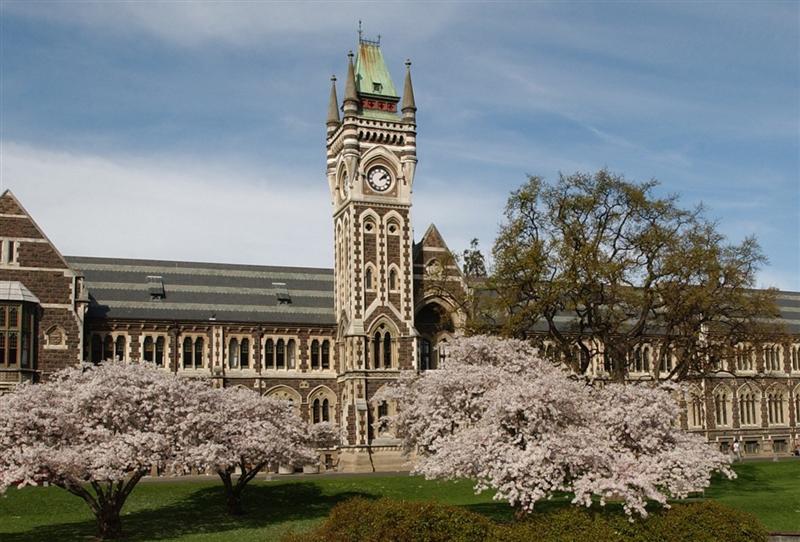
An anonymous letter to the Otago Daily Times suggested some staff were being taken on again due to struggles adjusting to the new system.
A university spokeswoman confirmed four of the 179 staff who had taken redundancy since the review began at the end of 2015 had been employed in new, permanent positions.
"An additional 17 staff have been employed on a short-term basis as casual and fixed-term staff to provide additional support during the transition period of the restructure.
"The [support services review] steering group continues to support additional resourcing to ensure service to students and staff is maintained."
Since the review began in late 2015, 166 people have taken voluntary redundancy, and another 13 have been made redundant.
TEU Dunedin organiser Shaun Scott said rehiring of staff into permament roles "seems to indicate some degree of poor planning around the SSR (support services review)".
Had the restructuring happened in a more straightforward manner, the opportunity to be redeployed "could have avoided the need to pay redundancy", he said.
University chief operating officer Stephen Willis said the university had been clear from the start the process would be challenging.
"We are grateful for the patience and continued commitment from staff as we work through these changes together. It is important to remember that the changes outlined in the SSR business case were the result of a plan extending out to 2022."
The review affects IT, finance, administration, marketing and human resources staff.
Under the new system, staff providing support to academics are embedded in departments, but managed by a shared services division.
When contacted yesterday, faculty of law lecturer and former dean Prof Mark Henaghan, who is leaving to take up a position at the University of Auckland, said some upheaval was inevitable when a system changed.
However, he thought the university could have handled the situation with more "empathy and sympathy" for its support services staff, some of whom had worked for the same departments for 20 or 30 years.
Some people were left feeling as if they had been cut off at the knees, he said.
National Centre for Peace and Conflict Studies founder Prof Kevin Clements also hit out at the changes when contacted yesterday, predicting the loss of key support staff would cause chaos in 2019.
Morale was low among junior faculty as well as general staff members.
"There is a huge loss of institutional memory."
Mr Willis said the change was the most significant to be made in the university's history, and it was understandable staff morale was affected.
"We are confident that over time morale will continue to improve as the changes become more embedded within the organisation."
Prof Henaghan said in the long term, he hoped it would work out. However, he also felt in the short term not only the 160 full-time equivalent positions lost but also the knowledge being lost was creating a vacuum.
There seemed to be an assumption people could work anywhere, but support staff - for instance, those working in the medical school - had highly specialised knowledge, and were not just "like widgets you move around".
Academics, who had "fought very hard" to keep the system they had, were under a degree of stress.
The university had tried to communicate the effect of the changes, but he did not think the consequences had been fully understood.
Comments
An interesting article. I don't work there but have first hand accounts of many outcomes and the suggestion that 4 staff who took redundancy have been re-employed full time is laughable. That figure seems statistically screwed to a question. I know of many who were made redundant and walked straight into new positions, including many newly created jobs. There are horror stories aplenty relating to this review and to say it was a botched process is possibly a euphemism.












